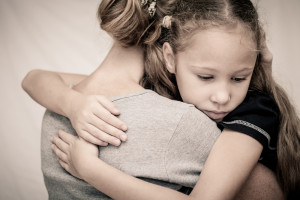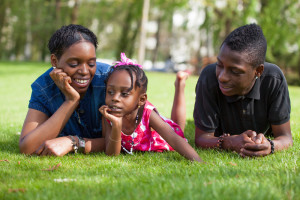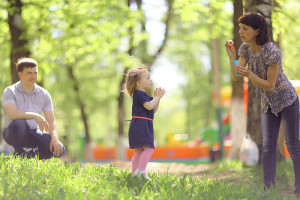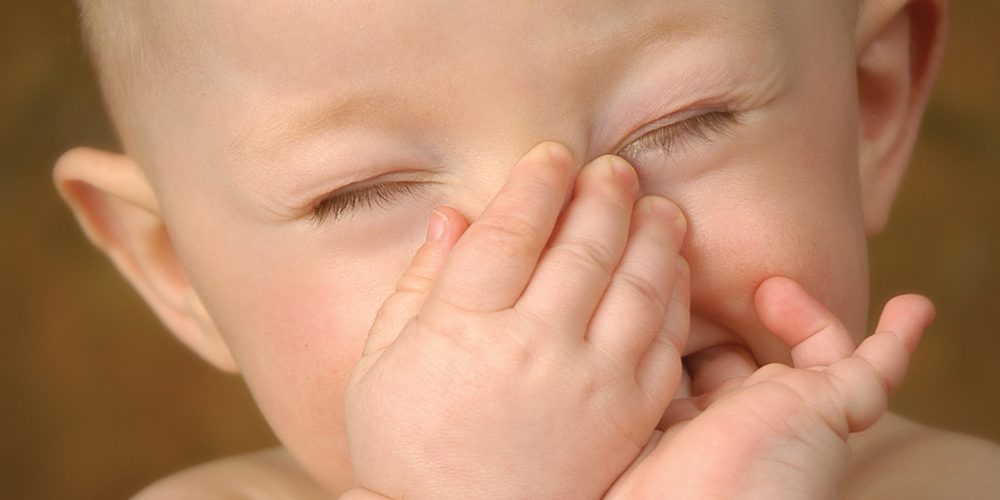Top 10 Things Every Child Needs
We asked our Facebook community what they considered were the top ten things that every child needs taking for granted that food, water and oxygen are necessary for any child. Thanks to all of you for your input. From the responses received we have identified our top 10. Did we miss any out?

Love
Let’s start with a simple one. Receiving love is fundamental to our well-being. Love gives us a base from which we build our self-worth as a child. Being loved implicitly tells us we are worthwhile. Love is warm and embracing. The absence of love can be immensely destructive to a child and their development. Learning to love others does in a large part come from how we are loved ourselves.

Patience
“How many times have I told you……….” If you are a parent you will have said this “a million times” (and probably that one too). Children have the ability to test your patience to the limit. To learn and grow we must make mistakes. Children learn at their own pace, they will slip up and at times purely for the fun of it they will wind you up just because they enjoy it. (My wife is constantly ribbed by my 8 year old daughter who cheekily smiles every time she does it). Patience may be a virtue but in parenting it’s a necessity.

Trust
Trust is a two way thing. A child’s greatest need with respect to trust is that they must trust the parent. They must trust them to love them, protect them, feed them and be consistent with them. Inconsistent parenting can cause considerable anxiety. Many children who come into care are conditioned not to trust adults as they have learned that to do so could put them at risk.

Encouragement
Encouragement allows us to try new things when the world around us is new and perhaps scary. Encouragement in its many forms pushes us through when things are challenging and helps us achieve things that we might not have tried. Much like love, encouragement helps the child build self-esteem and confidence.

Security
Security comes in many forms. Physical security ensures a child feels safe from danger, the elements, of assault, of accident or physical hurt. Emotional security includes many aspects already discussed above and supports a child’s confidence to try new things and even take positive risks. Many children coming into care feel insecure, unsafe and often show high levels of anxiety.

Laughter
Let’s be under no illusion, laughter is funny and funny is laughter. The world is intrinsically funny when you are young (although I still find it funny now). Life gets so serious when we are old doesn’t it? Childhood should be full of fun and laughter. If nothing else it releases happy hormones and can be a great source of family bonding. For those of you adults that pretend to be grown up, just remember having wind is funny to a child and it’s still funny to you too so just let it out (The laughter I mean)!

Boundaries
Boundaries are incredibly important to any child. A child with boundaries feels safe. A child with boundaries know what to expect and is less anxious, a child with boundaries in place has more opportunities to do the right thing, receive praise and generally have their needs met. A child that receives positive boundaries probably already receives much of the above and below.

Praise
Praise is fundamental to a child’s self-esteem and willingness to try new things. Praise implicitly encourages a child to do more, to try more and to impress again. Receiving praise feels good and a child that knows what it feels like to receive praise will likely seek it again. Even when your child shows you a picture created that is more reminiscent of a paintball fight, tell them you like it, they will likely get better and will feel good about it to.

Education
Education comes in many forms. Access to formal education is an obvious one, but learning happens everywhere and always. So much of the social development of the child comes from the mirroring of the behaviour of their parents. Days out, holidays, trips, discussions all form aspects of learning. A child will never stop learning, the challenge of course for parents is that are learning the right things and not the negative ones.

Resilience
Resilience is the ability to bounce back when something has gone wrong, got difficult or challenging. Resilience is key for children to be able to try, fail and keep trying. For children in care, a resilient child is recognised to survive and develop positively despite their negative early life experiences. Positive experiences of the 9 above above aids the development of resilience in children.
